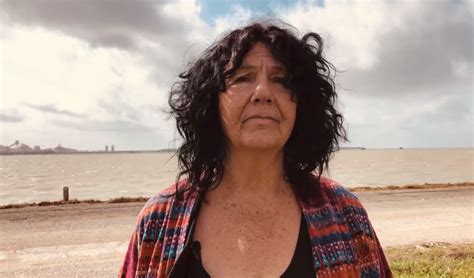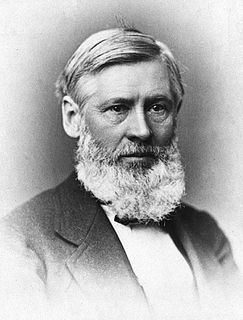A Quote by Diane Ackerman
We're losing biodiversity globally at an alarming rate, and we need a cornucopia of different plants and animals, for the planet's health and our own.
Related Quotes
In recent years, our planet has been warming at an alarming rate and seen record-breaking temperatures. We are now witnessing the sixth mass extinction event in the earth's geologic history. Our sea levels are rising at an alarming rate, threatening our largest cities, like New York, Los Angeles, and Miami.
So I think as a biologist I would like us to focus on this planet and finding solutions to sustaining humanity, to improving people's lives globally, but doing our absolute utmost to preserve as much biodiversity as we can, knowing that we have already been responsible for the loss of thousands of species.
Is civilization progress? The challenge, I think, is clear; and, as clearly, the final answer will be given not by our amassing of knowledge, or by the discoveries of our science, or by the speed of our aircraft, but by the effect of our civilized activities as a whole have upon the quality of our planet's life-the life of plants and animals as that of men.
Natural species are the library from which genetic engineers can work. Genetic engineers don't make new genes, they rearrange existing ones. Speaking as World Wildlife Fund Executive Vice President, stating the need to conserve biodiversity, even plants and animals having no immediate use, as a unique repository of genes for possible future biogengineering applications.





































